Cost of living crisis: we can’t borrow our way out of this
Racking up debt to deal with a cost of living crisis is crazy, says Matthew Lynn. We should cut our coat according to our cloth.

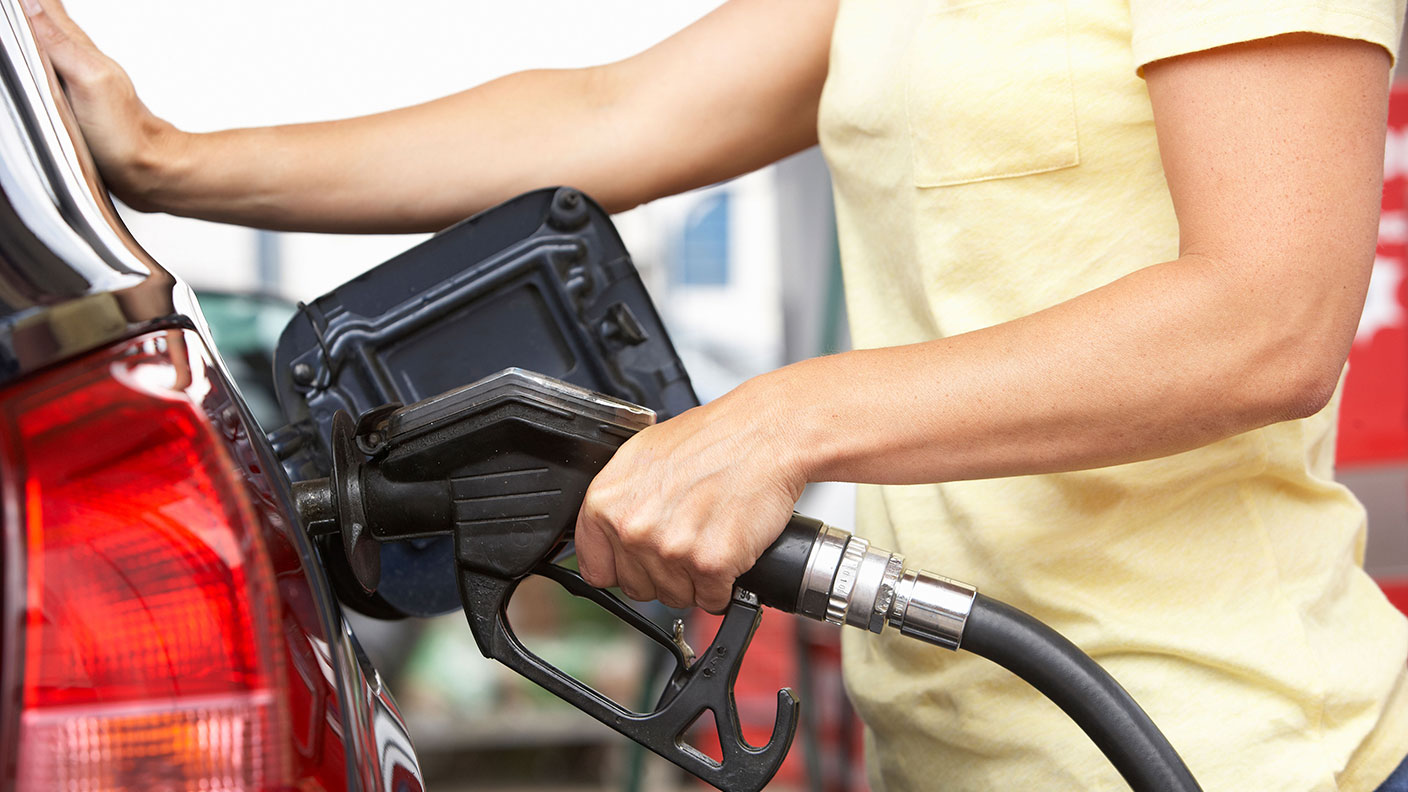
Get the latest financial news, insights and expert analysis from our award-winning MoneyWeek team, to help you understand what really matters when it comes to your finances.
You are now subscribed
Your newsletter sign-up was successful
Want to add more newsletters?

Twice daily
MoneyWeek
Get the latest financial news, insights and expert analysis from our award-winning MoneyWeek team, to help you understand what really matters when it comes to your finances.

Four times a week
Look After My Bills
Sign up to our free money-saving newsletter, filled with the latest news and expert advice to help you find the best tips and deals for managing your bills. Start saving today!
There is no question that households are feeling the worst squeeze on their budgets for the last 30 years. Inflation has already hit 9%, and may well climb to 10% by next month. An average car costs £100 to fill up with petrol and groceries are more expensive than ever. With wages only rising by 3%-4% at most, people are getting poorer and many are already cutting back on what they spend simply to stay afloat.
The plastic takes the strain
Plenty of us are borrowing money to make up the difference. According to Bank of England statistics, consumer credit is now rising at the fastest pace for 17 years. The growth rate for credit-card borrowing hit 11% last month, while overall consumer credit is now growing at 6% annually. In the last three months alone, British borrowers have whacked another £3bn on their credit cards and borrowed another £1.6bn elsewhere.
It is much the same story in the US. In April, consumer borrowing surged by 10% on a year-for-year basis, with nearly $40bn in loans taken out in a single month even as inflation touched almost 9%. Meanwhile, new ways of lending are emerging all the time. Klarna has pioneered “buy-now-pay-later” apps and, with the likes of Apple joining in, it will be easier than ever to buy stuff you can’t really afford. A few swipes on your smartphone and the money is there.
MoneyWeek
Subscribe to MoneyWeek today and get your first six magazine issues absolutely FREE

Sign up to Money Morning
Don't miss the latest investment and personal finances news, market analysis, plus money-saving tips with our free twice-daily newsletter
Don't miss the latest investment and personal finances news, market analysis, plus money-saving tips with our free twice-daily newsletter
The harsh truth, though, is that we can’t borrow our way out of inflation. The only way to fix spiralling prices is to produce more or consume less. There is no huge mystery about why prices are rising so quickly: for almost two years, governments locked society down and printed lots of money to pay for everything. In effect, we worked far less, and made less stuff, and at the same time chucked lots of extra money at the economy.
Even worse, as the pandemic subsided, lots of governments chucked even more money at the economy thinking it would speed up the recovery. You hardly need to be Milton Friedman to work out that prices will inevitably rise.
If government borrowing is replaced by consumer borrowing, then that will only makes the whole situation worse. Inevitably it pushes demand even higher. After all, nobody uses their credit card, or signs up for a buy-now-pay-later scheme, unless they are actually buying something. So every pound increase in consumer credit is being spent, and adding to the total level of demand. Yet we need demand to come down so that it can start to match supply. Rising credit just postpones that moment.
The day of reckoning looms
Even worse, it pushes out the moment when households will have to recognise that they actually are poorer. If we are not producing enough to meet all the demand, and we don’t have any way of increasing production very quickly, then we will have to consume less. People will need to tighten their belts and cut some items out of their budget, and once that happens companies won’t be able to raise prices any further because the demand simply won’t be there. Only when that happens will inflation genuinely start to come under control.
Eventually, central banks will have to get to grips with consumer credit. First, they will have to hike interest rates even higher, and more quickly, than they otherwise would do to try and bring it under control. And because consumer credit doesn’t respond much to rates – credit-card charges are typically sky-high anyway, and the buy-now-pay-later schemes are even worse – they will have to resort to direct controls.
Back in the hyper-inflationary 1970s, governments ended up placing strict limits on consumer credit as the only way of bringing lending under control. That will be a lot more difficult with a far more deregulated, open credit market than the one we had 40 years ago. It is going to take a lot of work to stop the banks throwing out credit cards like confetti, and the fintech and internet giants giving loans to anyone who ticks a few boxes on their smartphone. But ultimately there may not be any choice; it will be the only way to bring the economy back under control again.
Get the latest financial news, insights and expert analysis from our award-winning MoneyWeek team, to help you understand what really matters when it comes to your finances.

Matthew Lynn is a columnist for Bloomberg and writes weekly commentary syndicated in papers such as the Daily Telegraph, Die Welt, the Sydney Morning Herald, the South China Morning Post and the Miami Herald. He is also an associate editor of Spectator Business, and a regular contributor to The Spectator. Before that, he worked for the business section of the Sunday Times for ten years.
-
 Early signs of the AI apocalypse?
Early signs of the AI apocalypse?Uncertainty is rife as investors question what the impact of AI will be.
-
 Reach for the stars to boost Britain's space industry
Reach for the stars to boost Britain's space industryopinion We can’t afford to neglect Britain's space industry. Unfortunately, the government is taking completely the wrong approach, says Matthew Lynn
-
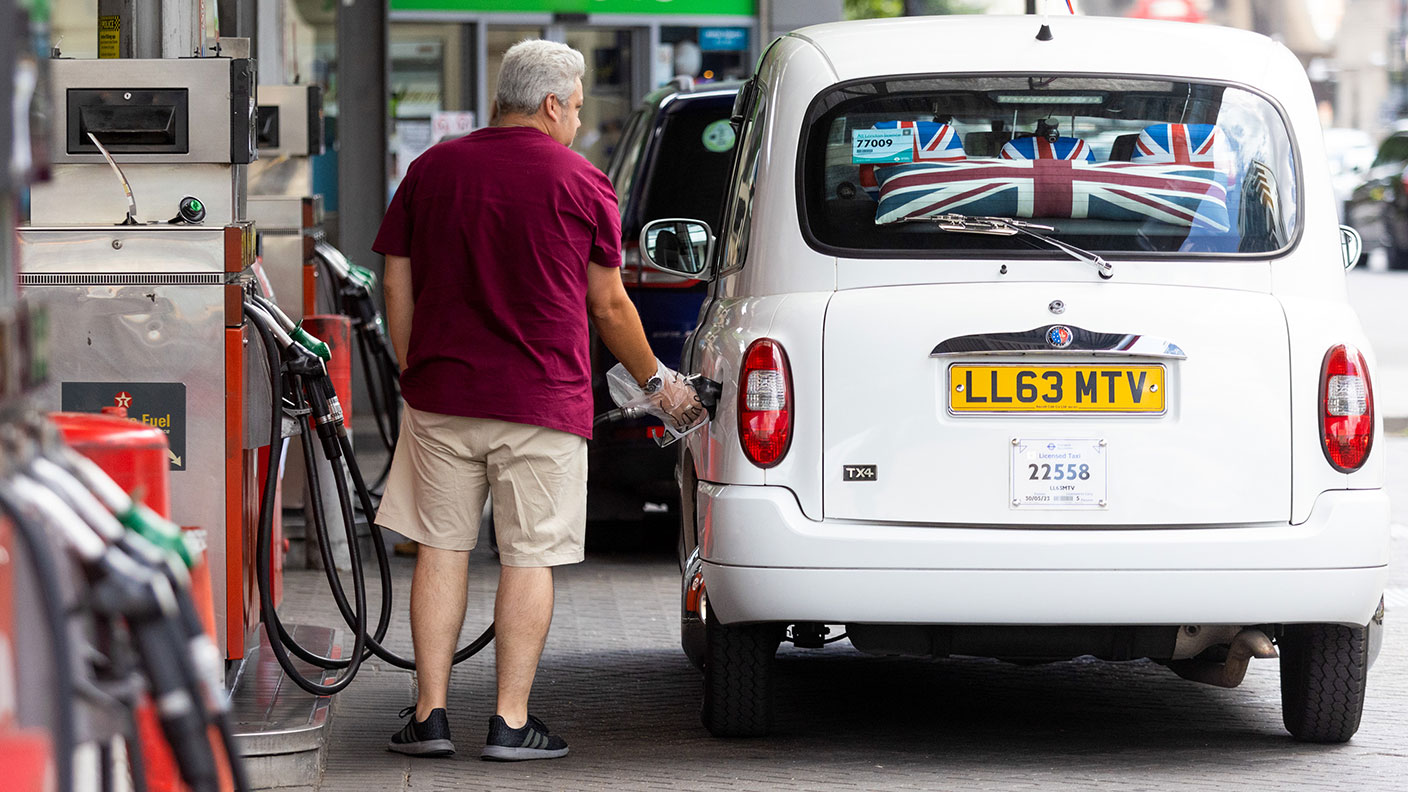 The cost of petrol in the UK compared with the rest of the world
The cost of petrol in the UK compared with the rest of the worldNews The price of petrol in the UK went through the roof last year, but has since settled. We look at how UK petrol price compares with the rest of the world.
-
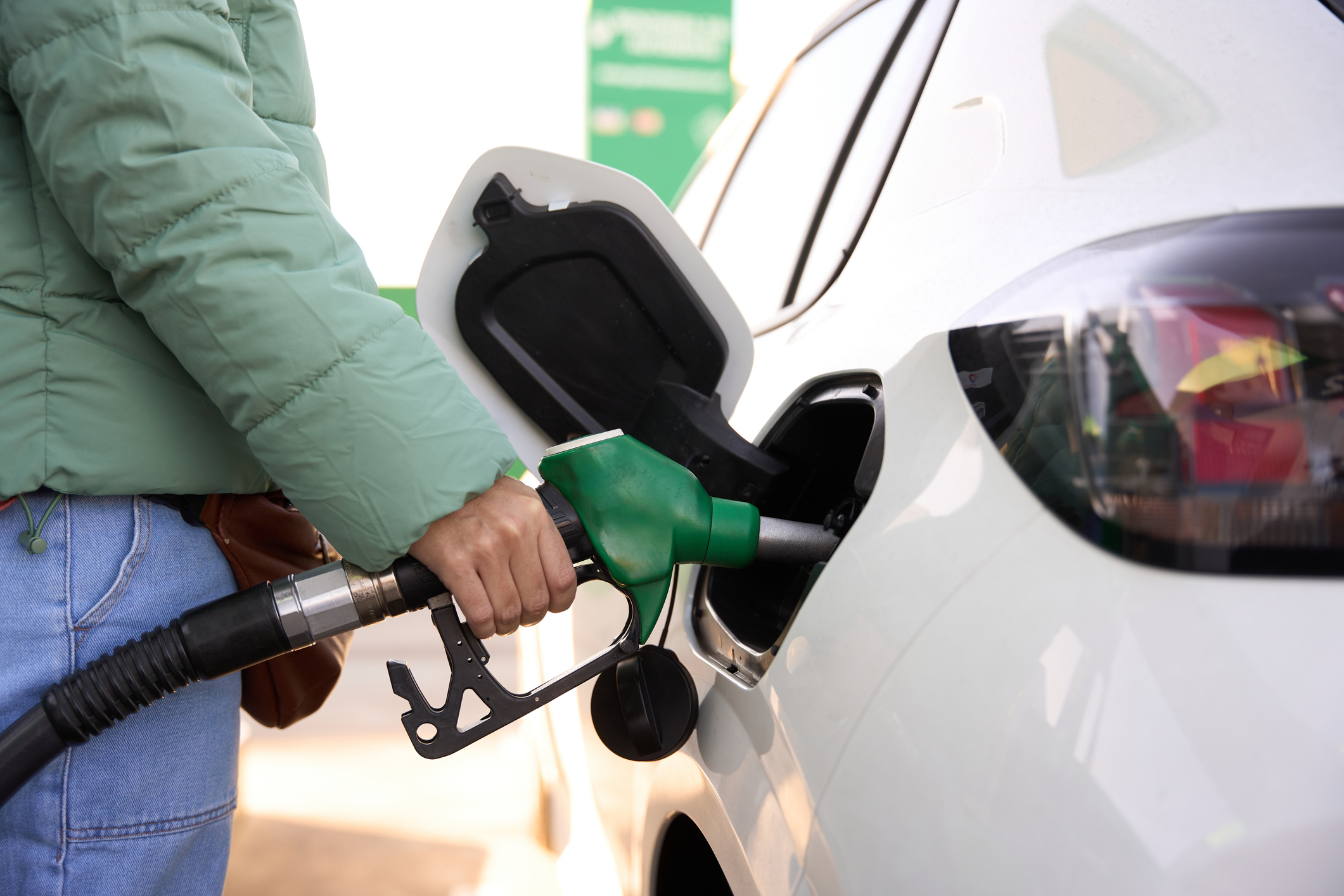 Petrol prices explained: What makes up the price of a litre of petrol?
Petrol prices explained: What makes up the price of a litre of petrol?Briefings The cost of filling the average car with fuel is falling. Here’s what makes up the price of a litre of petrol.
-
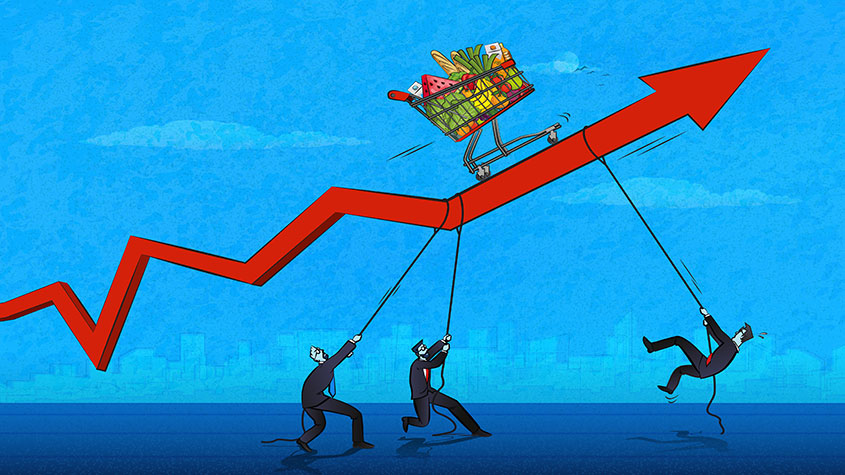 UK inflation falls to 10.7% but cost of living pressures remain
UK inflation falls to 10.7% but cost of living pressures remainNews CPI is down to 10.7% from last month’s 41-year-high of 11.1%
-
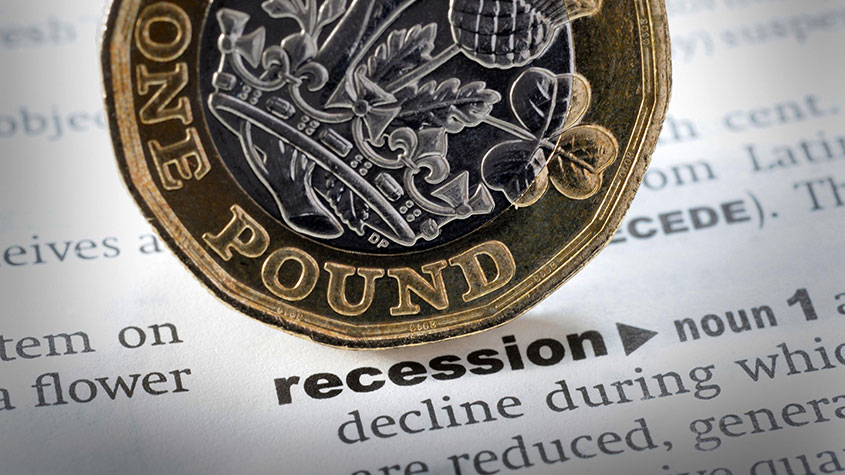 What is a recession? UK impact explained
What is a recession? UK impact explainedAnalysis Office for National Statistics (ONS) figures show UK GDP growth has gone into reverse. But what does a recession mean?
-
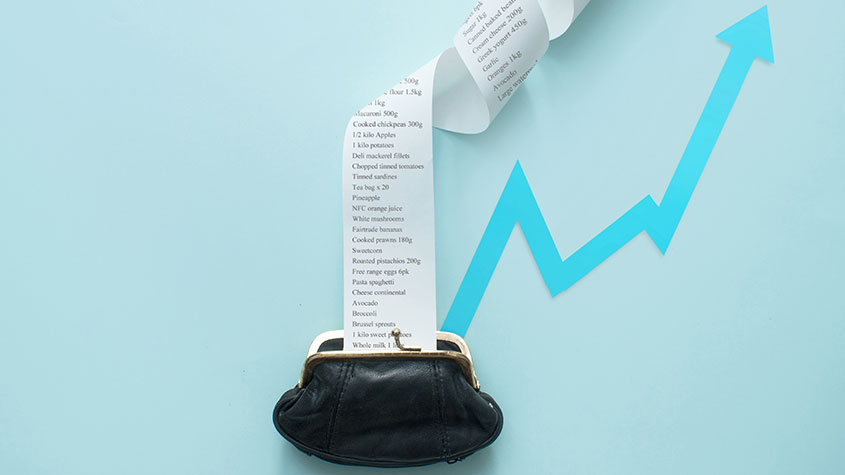 UK inflation hits 41-year high of 11.1%
UK inflation hits 41-year high of 11.1%News The rising costs of energy and food have pushed the figure up to its highest level since 1981.
-
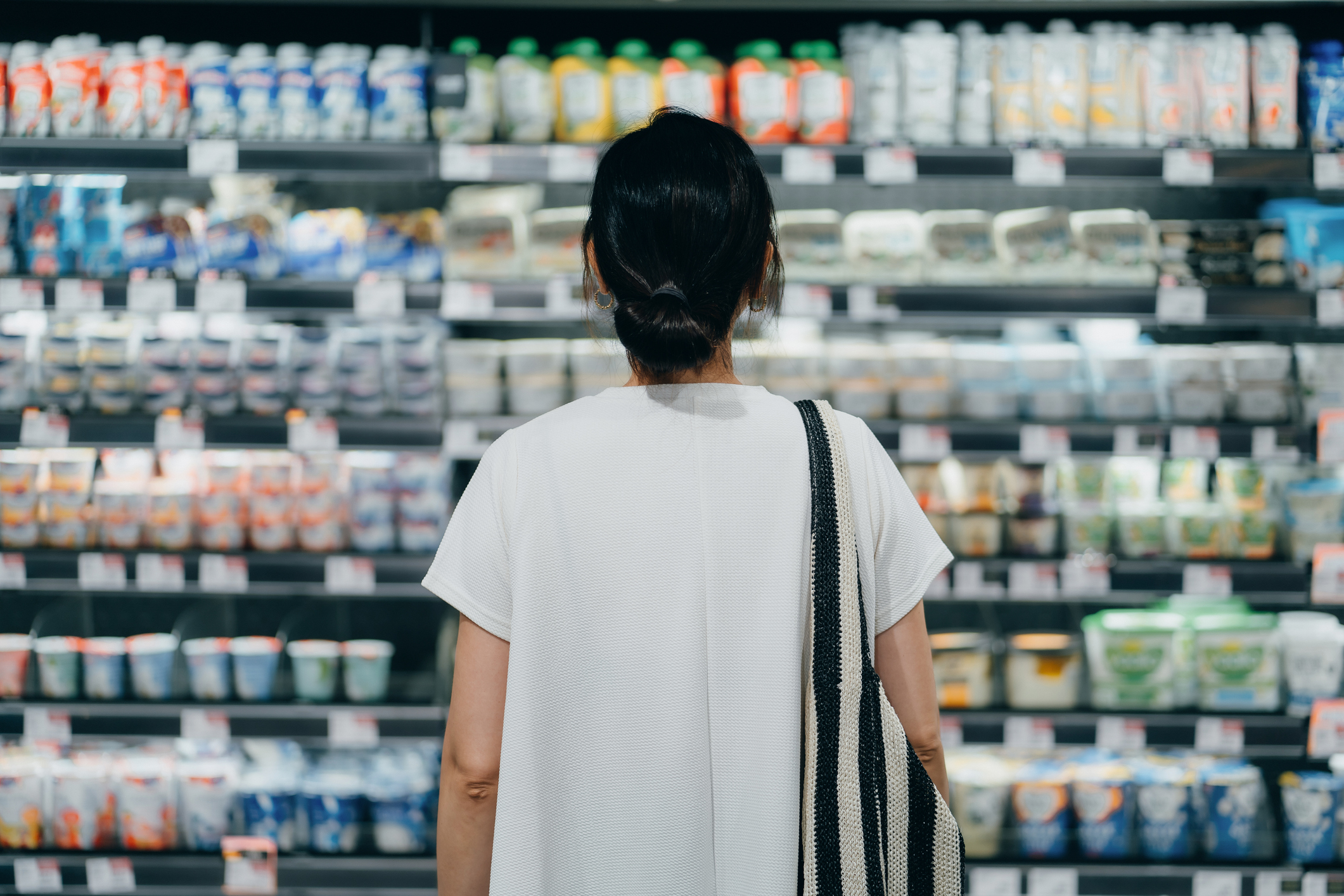 What is inflation and how does it affect you?
What is inflation and how does it affect you?The latest inflation figures are released each month. What is inflation and how does it impact your personal finances?
-
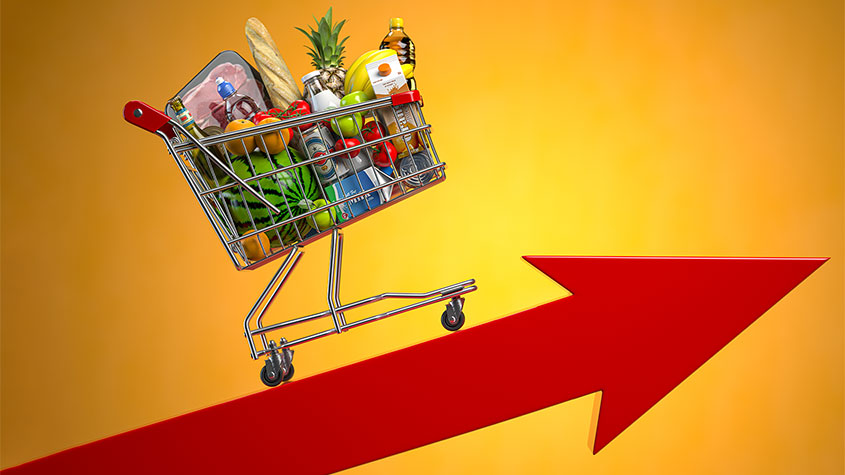 UK inflation back to 10.1%
UK inflation back to 10.1%News UK inflation creeps back to its 40-year high from the summer, driven by rising food costs
-
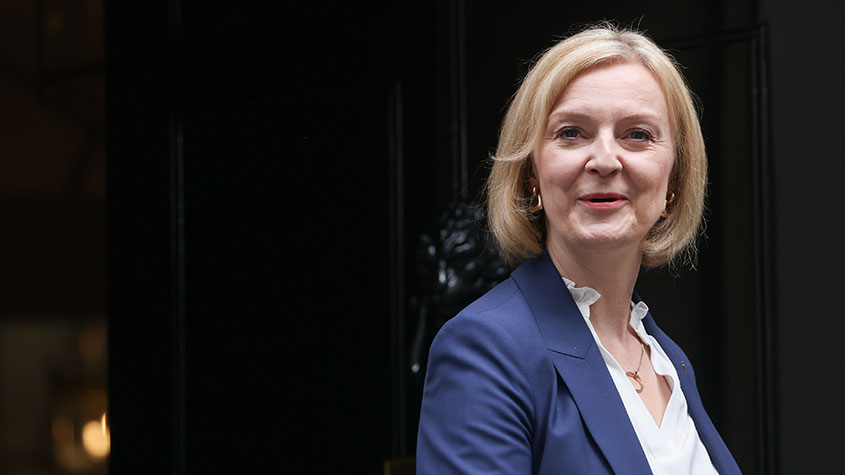 A forgotten lesson on the dangers of energy price caps
A forgotten lesson on the dangers of energy price capsAnalysis Liz Truss’s proposed energy price cap is an ambitious gamble. But a similar programme in Spain ended up being a fiasco, say Max King and Tom Murley. Here, they explain why Truss’s plan could be doomed to failure.